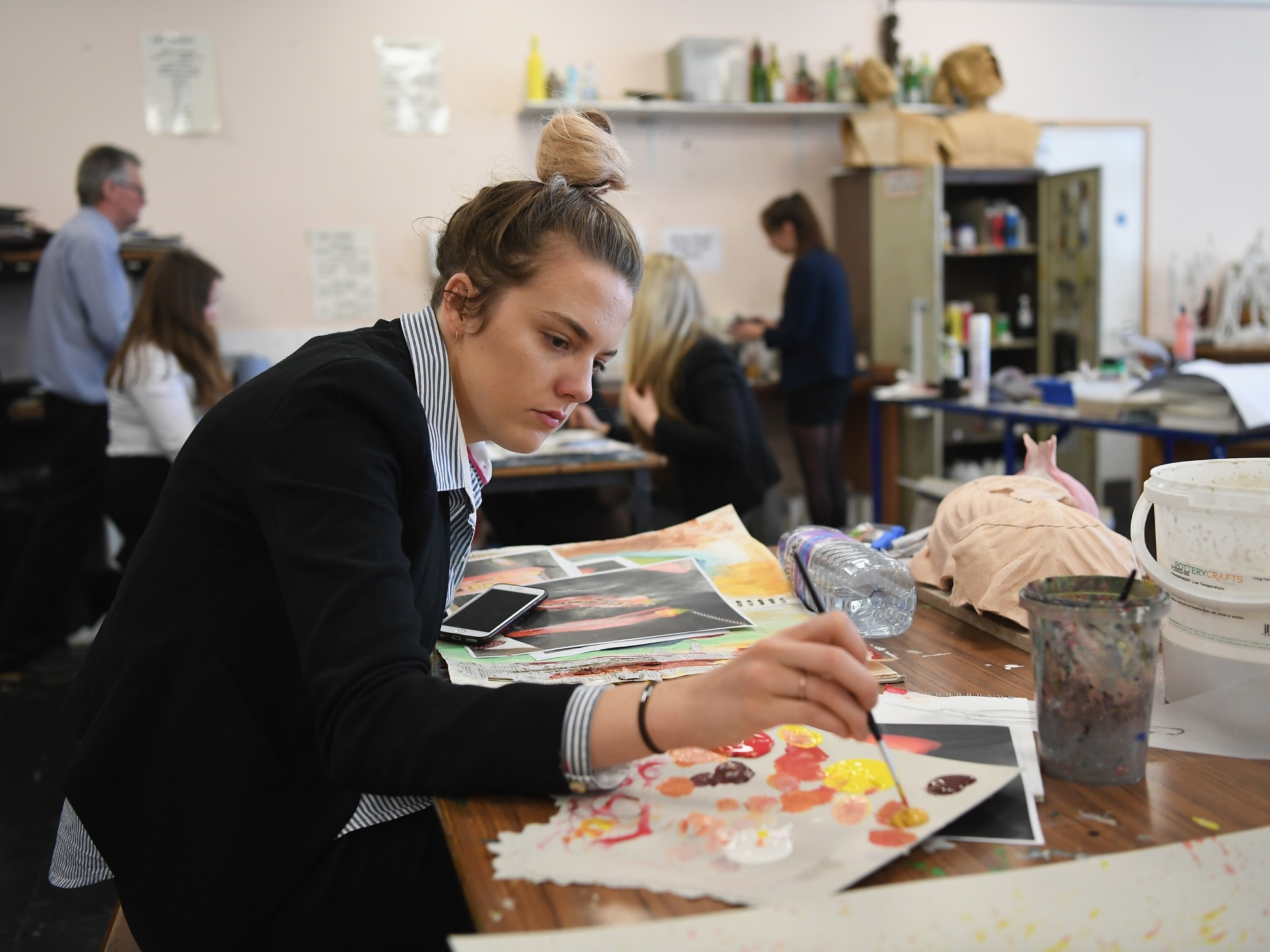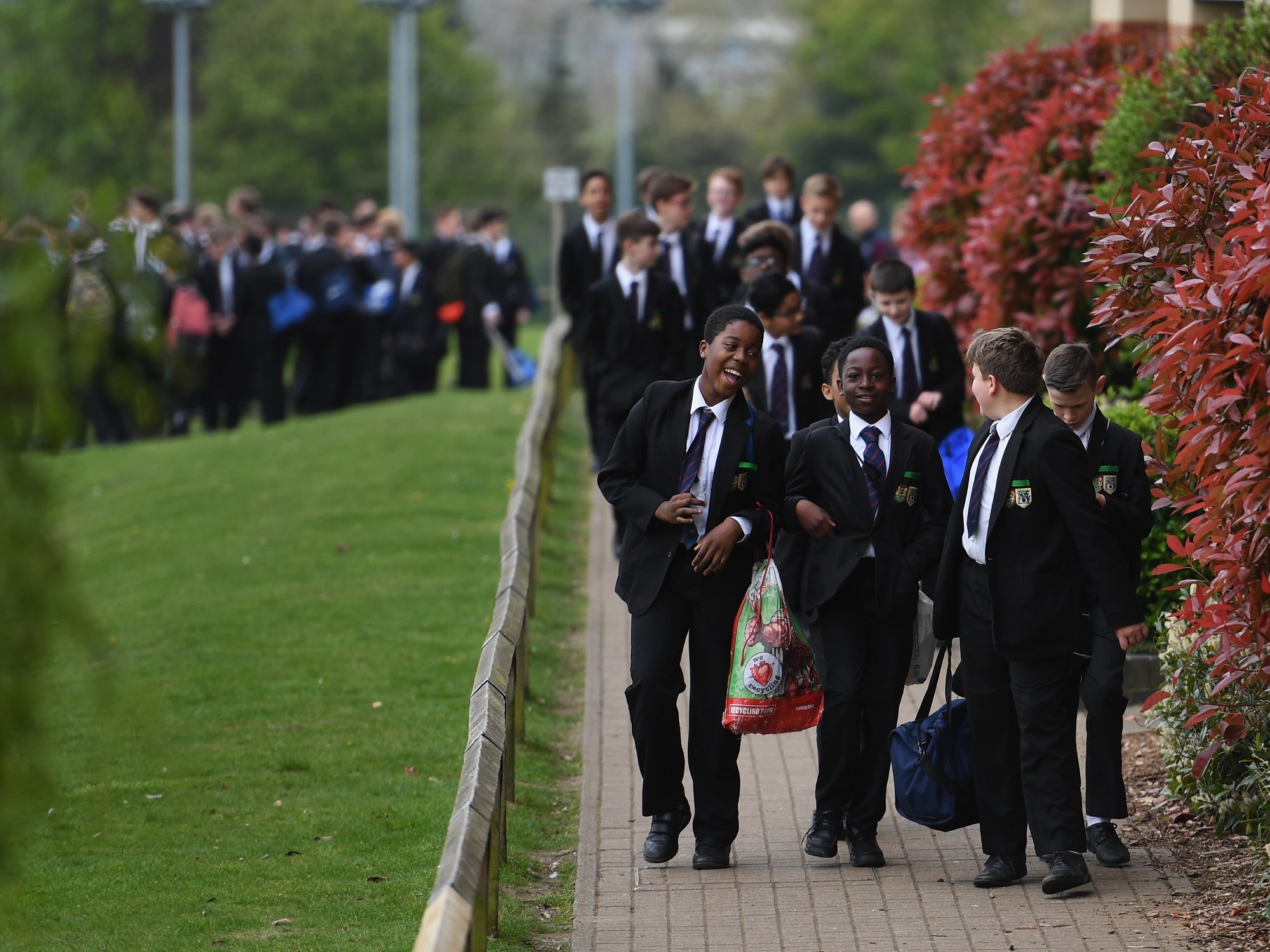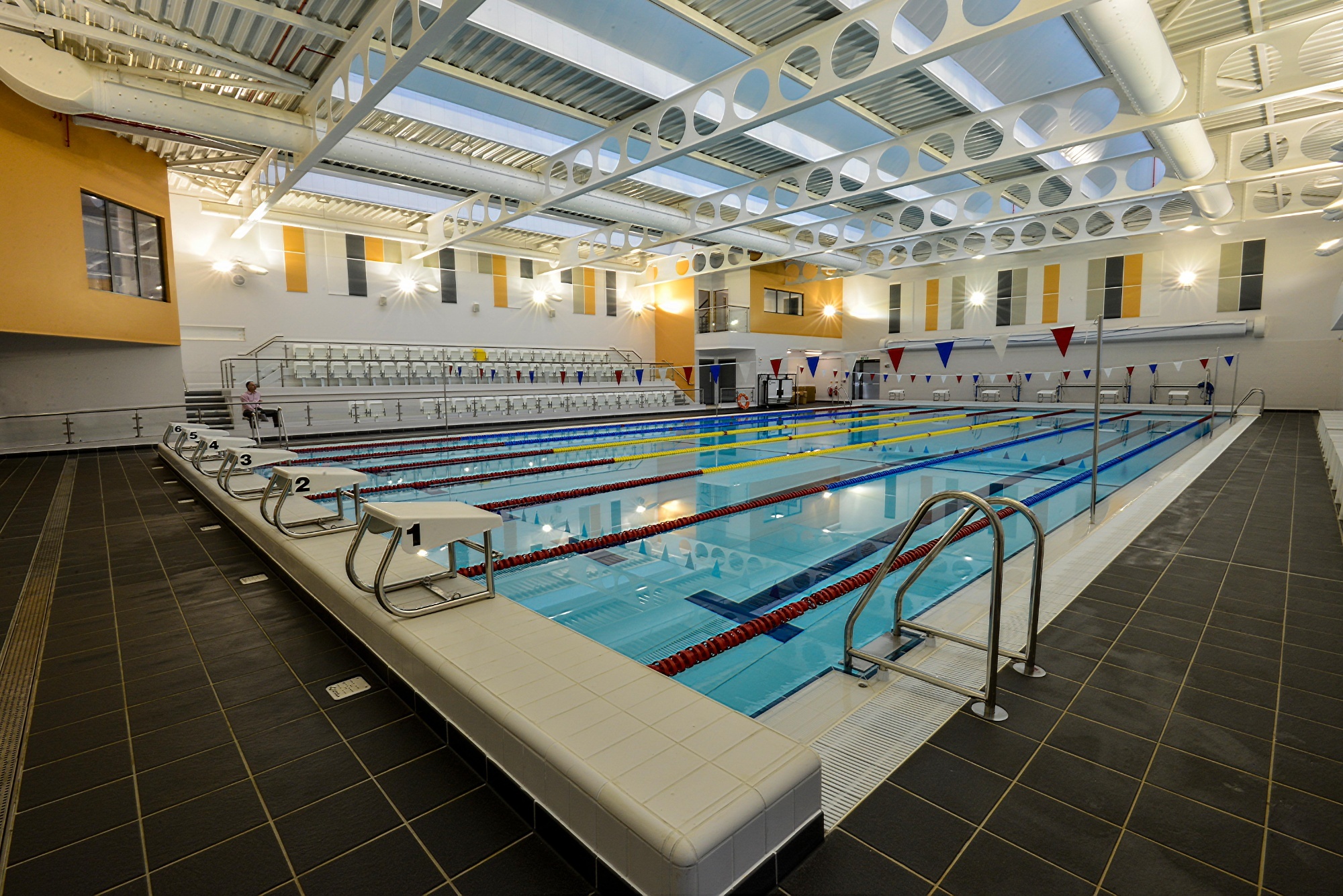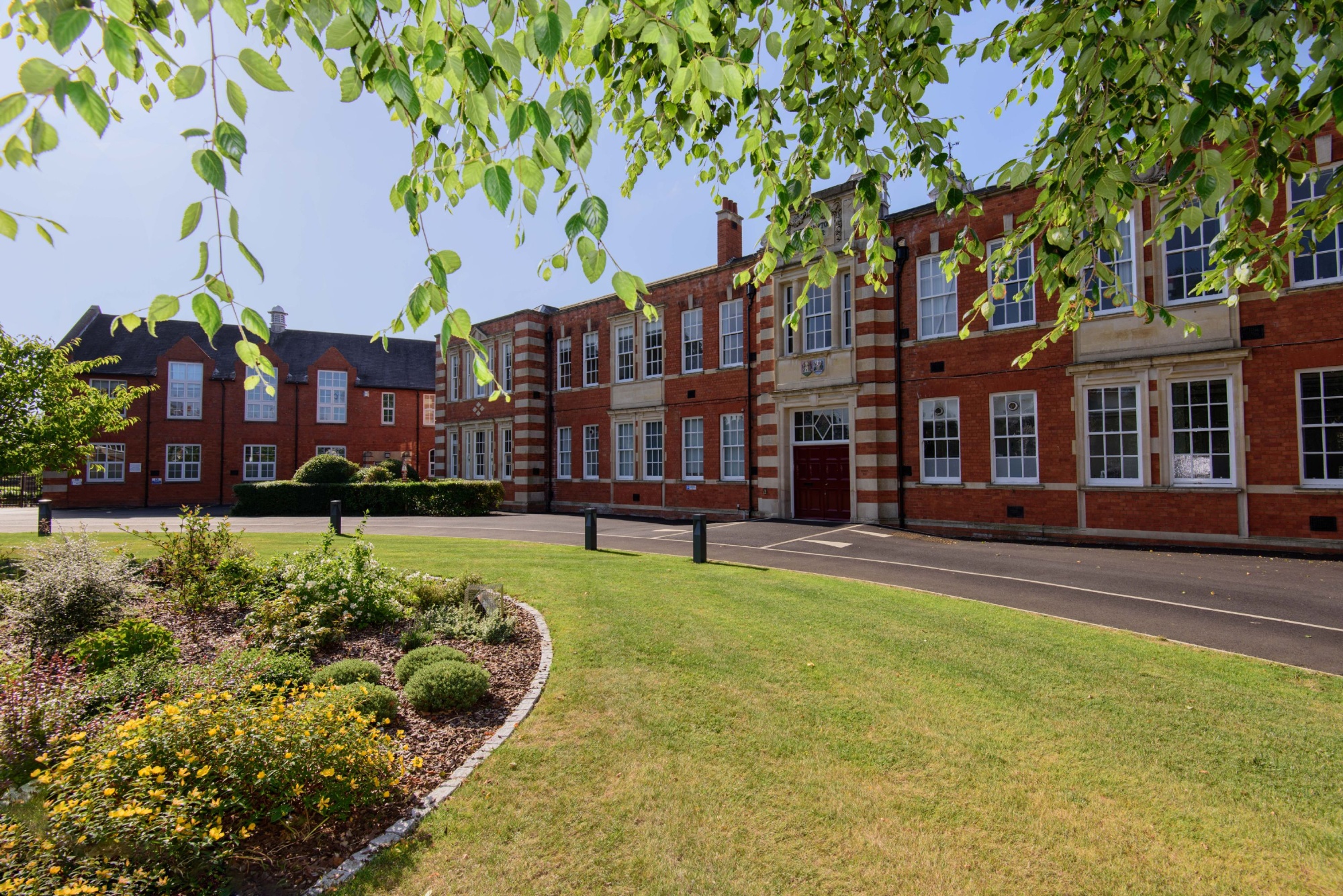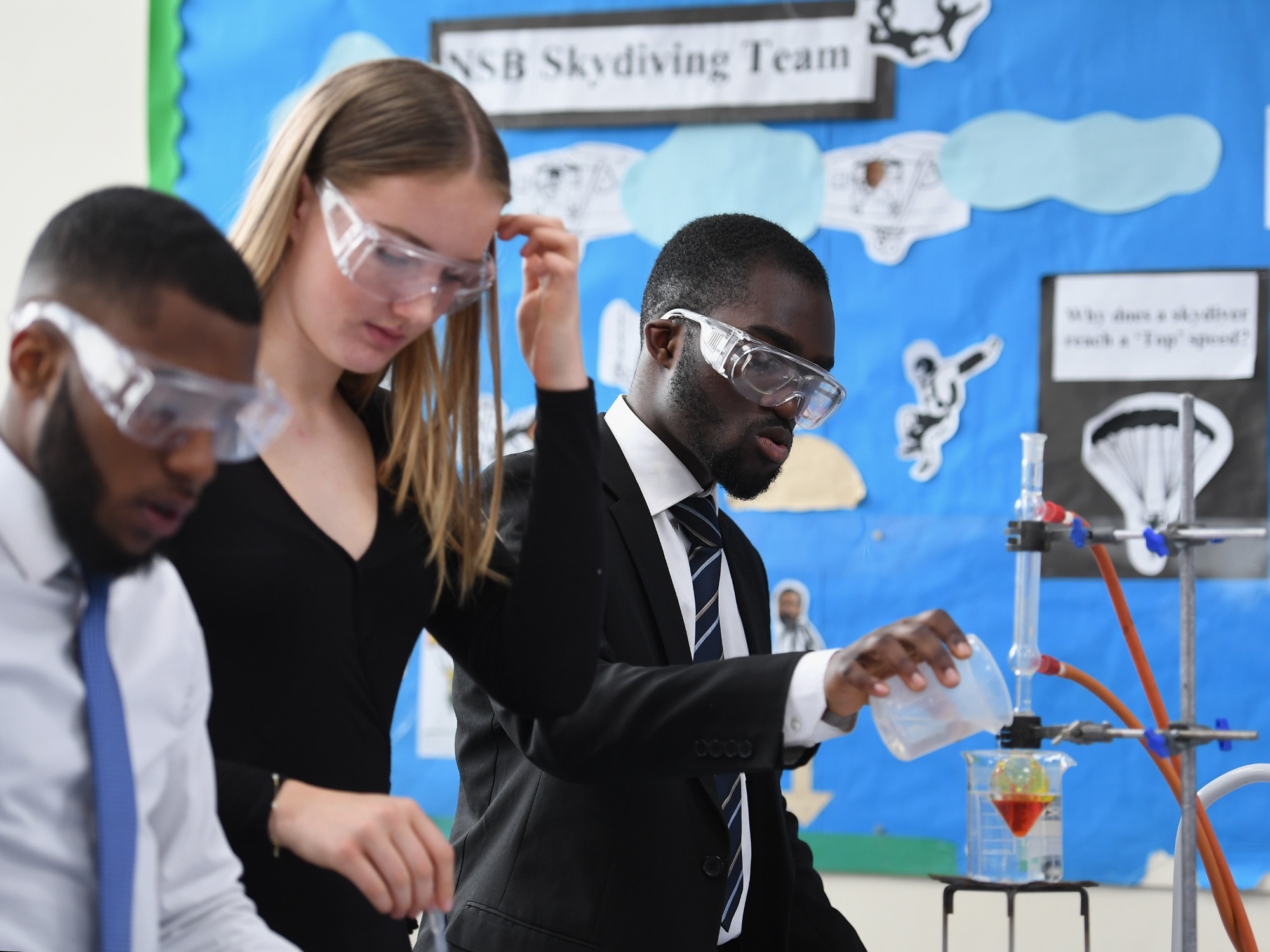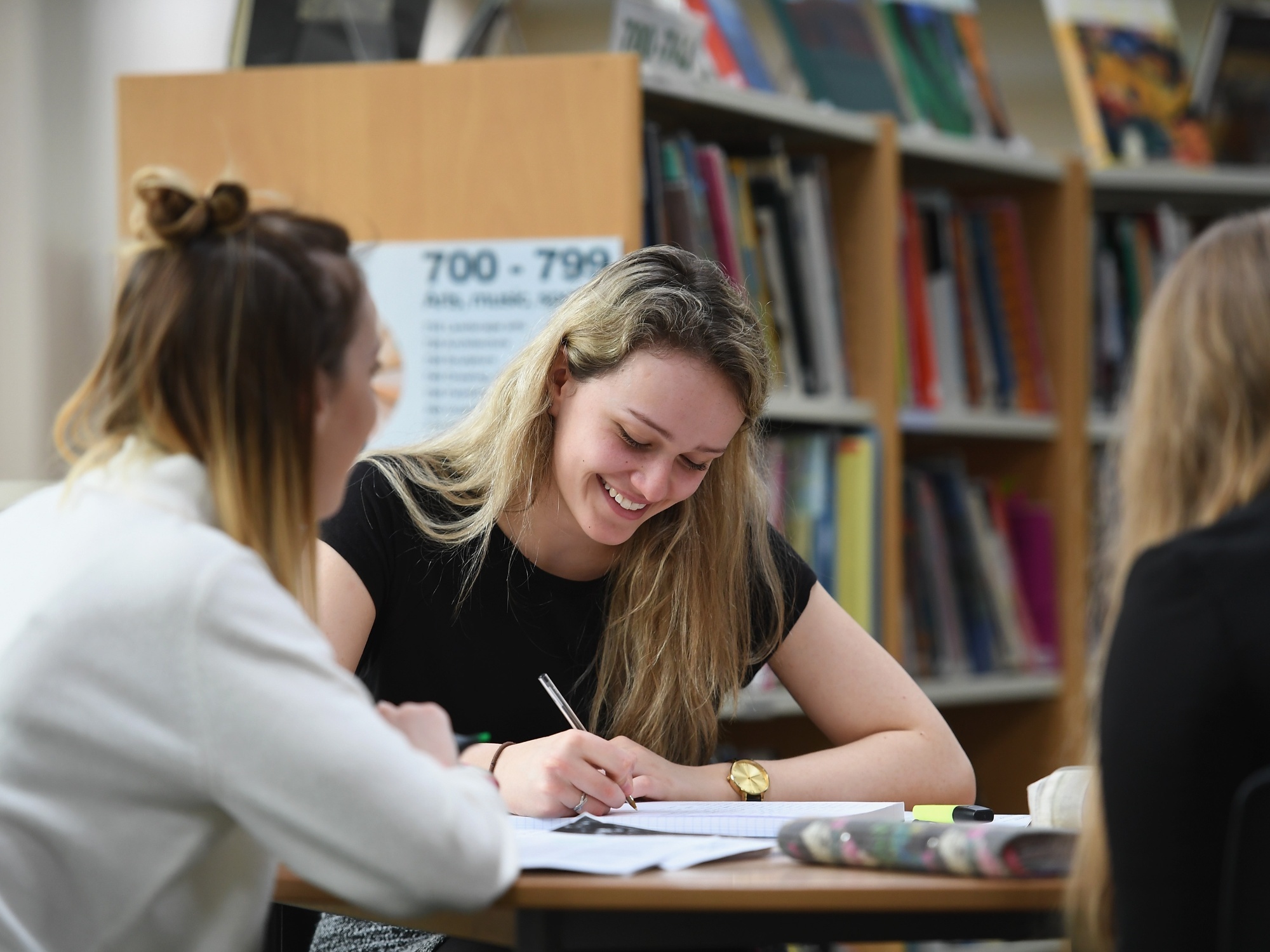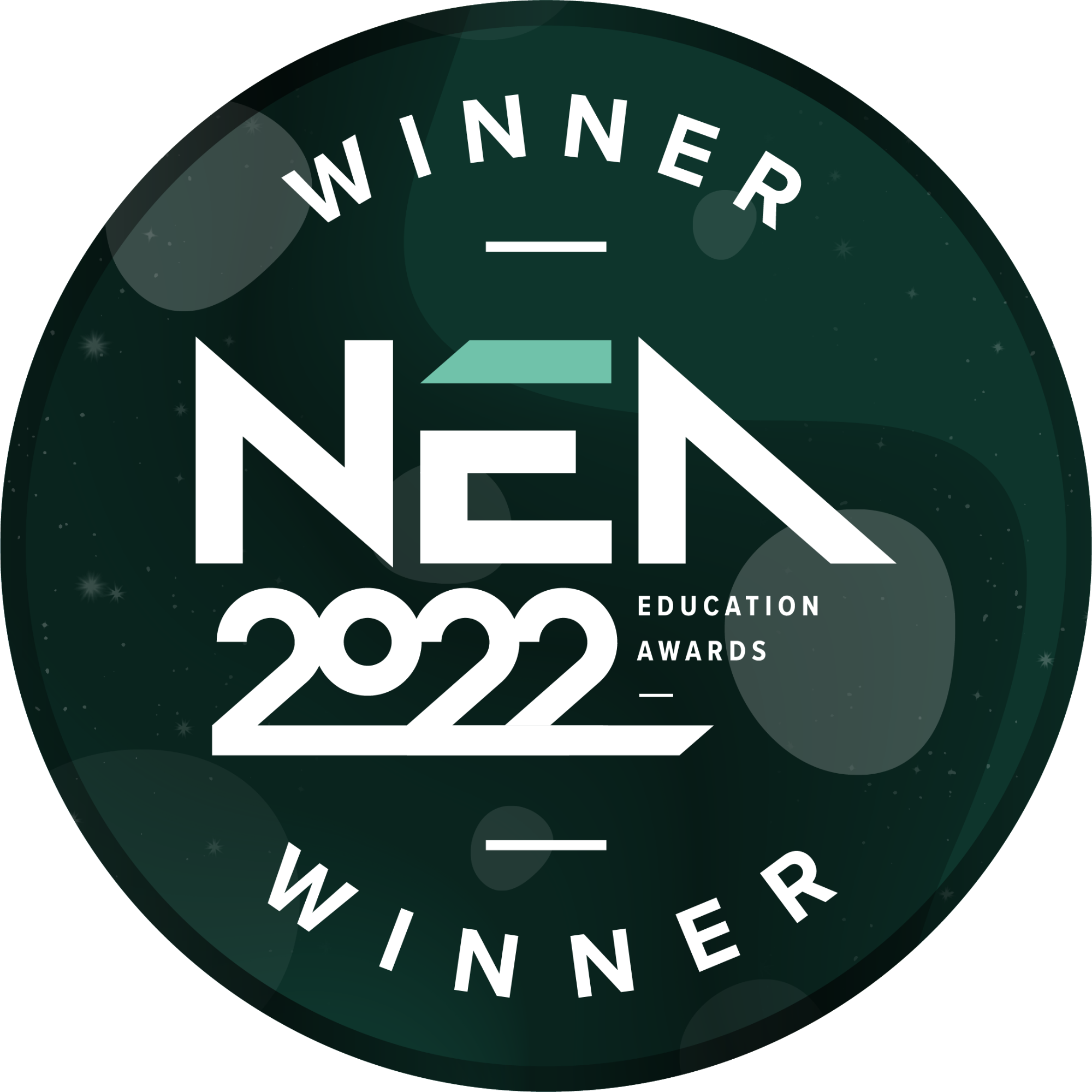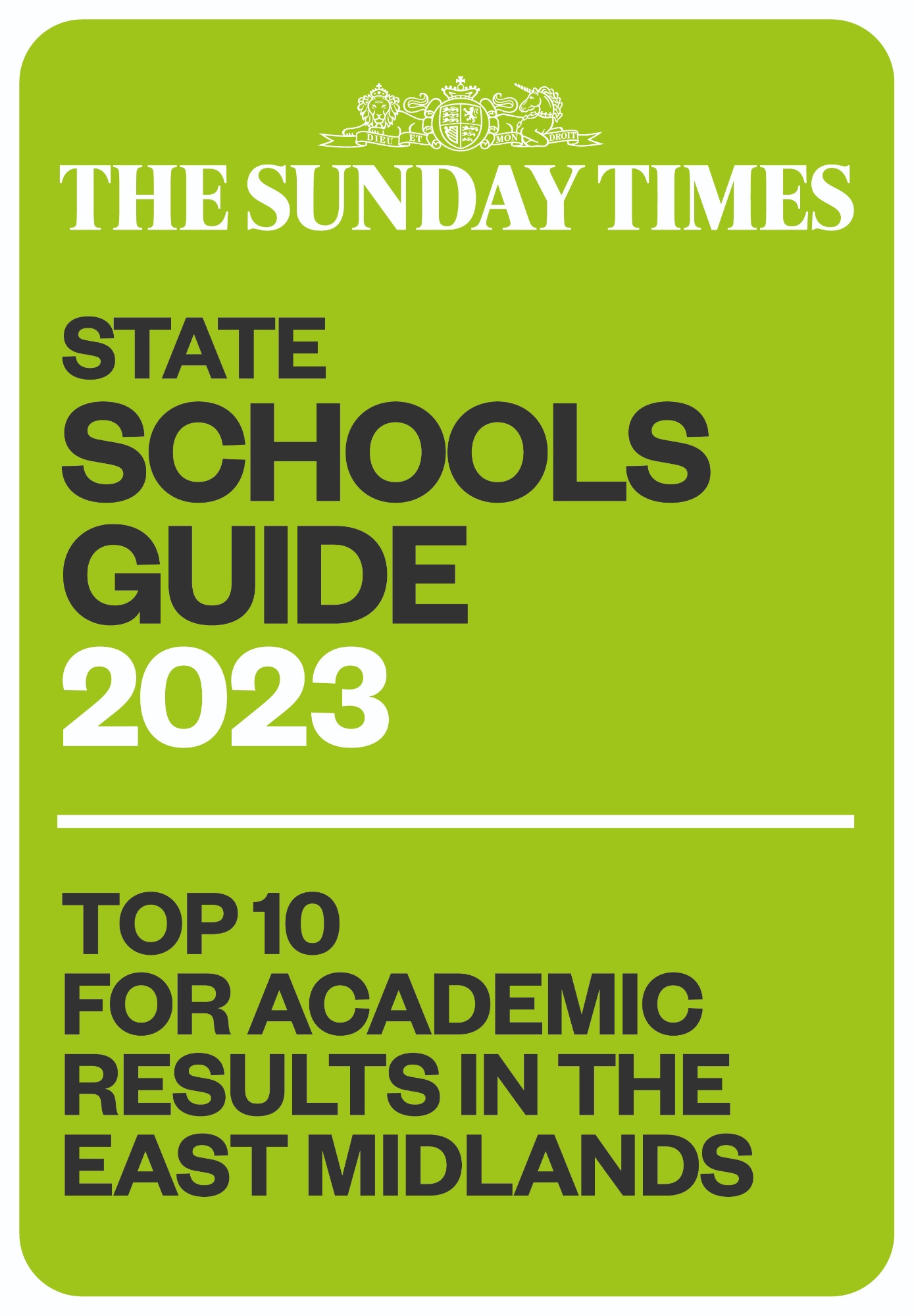Music
Mr O. Druker - Team leader
Music plays a large part at Northampton School for Boys, with concerts, stage productions and national competitions.
Below is a breakdown of the Music curriculum at NSB.
Year 7
Music@KS3
Background/Aims
The schemes of work in Year 7 aim to build our students knowledge and understanding of the musical elements and how they make up Music. Through a range of technology projects and practical music making we aim to build students’ confidence in using new terminology and in themselves as performers and composers. Through the topics listed below we also aim to educate students on the wider influence and purpose of music, relating each topic to ‘real world’ examples of how Music is used and has developed over time.
|
Term |
Scheme/Unit |
Outline |
How to support your son |
|
1 |
Musical Elements
|
This unit looks at the main elements that make up Music and the terminology needed to describe each one. Students undertake listening activities and practical activities to apply these skills. |
The best way to support your son is to listen to a wide range of Music styles with him. Ask him to pick out different elements and to try to describe the sounds he can hear. |
|
2 |
Singing and Notation
|
This unit teaches the students how to read standard Western Music notation. This is taught by theory and practical singing lessons. During this term, students that show an aptitude for singing are selected to perform in the Christmas Concert. |
The best way to support your son is to encourage him to sing along to Music where possible; at home, in the car etc. |
|
3 |
Cartoons
|
This unit looks at the way Music is used to accompany cartoons. It teaches students more advanced compositional skills and how to use Cubase (computer software). |
The best way to support your son is to encourage him to spot these techniques when he is watching cartoons that he enjoys. |
|
4 |
Keyboards
|
The unit builds on the Notation skills from Term 2 and gives students an overview of how to play the keyboard. Students work through a levelled booklet to support them to learn independently. Students who can already play the keyboard are encouraged to improve an aspect of their playing with the support of their class teacher. |
The best way to support your son in this topic is to encourage him to practice reading Notation – additional resources can be provided if required. |
|
5 |
Experimental Music
|
This unit explores some of the ways composers have ‘experimented’ with Music in different ways during the 20th Century. This unit encourages their creativity and also builds on the technology skills they began in Term 3. |
The best way to support your son in this topic is to encourage his creativity and ‘out the box’ thinking. This could be during the home learning task of creating their own instrument or linked to other subject areas. |
|
6 |
Ukuleles
|
This unit builds on the practical skills from Term 4. This term, students are taught chord patterns on the Ukulele and focus on the ensemble skills of timing and communication. |
The best way to support your son in this topic is to encourage him to recap the chord patterns between lessons. |
Year 8
Music@KS3
Background/Aims
Continuing work in Year 8 we aim to consolidate our student’s knowledge and understanding of the musical elements and how they make up Music. Again, similar to the previous year we do this through a range of technology projects and practical music making where we aim to build students’ confidence in embedding the new terminology and improve them further as performers and composers. Through the topics listed below we also aim to educate students on the wider influence and purpose of music, relating each topic to ‘real world’ examples of how Music is used and has developed over time.
|
Term |
Scheme/Unit |
Outline |
How to support your son |
|
1 |
Reggae
|
This opening unit looks at the immergence of this style, it’s importance to the continued development of popular music and how theoretically it all fits together. Students undertake listening activities and practical activities to apply these skills. |
Supporting your son throughout the topic will be helped by immersing within the genre and discussing home learning tasks with them – what can they hear, what message do the lyrics give the listener? |
|
2 |
ReMix
|
Moving on from Reggae, students use the knowledge acquired to start looking at the music industry and how a song (we use Pachelbel’s Canon) can be reworked into a variety of different musical genres. For this task we use Cubase and the technology we have in the Department |
Students will be encouraged to extend their work at home by using Bandlab, Garage Band or FL Studio – experiment together and see what music you can come up with! |
|
3 |
Film Music
|
Music used for a soundtrack is fascinating to listen to and, taken out of context, can describe a vast amount. Students look at the concept of leitmotif and how by creating a theme for a character can develop and extend whilst writing music for a short film clip. |
Students can continue to use Bandlab or chosen software to develop their composing skills further away from lessons. Listening work can be varied and anything watched at home can be looked at as a discussion point. |
|
4 |
Keyboards
|
We continue to develop keyboard skills with more focus on how students add chords and harmony to a composed idea. We also analyse popular melodies to see how different harmony fits underneath! |
Students can enhance their learning by coming into class to use the keyboards (or if they are lucky to have an instrument at home) to play through some ideas in their own time. |
|
5 |
Music for Games
|
Students discover the evolution of music for computer games – looking at original 8 bit soundtracks and comparing to more developed, sophisticated gaming platforms we have today. Students develop their concept of leitmotif further by writing music for two distinctive gaming icons! |
Unbelievably, students should play some computer games – but focus you should be placed on the musical side of the game. Parents can be posing questions as to why the music sounds the way it does. What impact does the music have? |
|
6 |
Ukuleles
|
This unit builds on the Year 7 topic to develop more guitar techniques and places students into a small band to enhance ensemble skills |
Ukuleles are an inexpensive way of developing technique away from lessons – we have spare instruments if students would like to use them outside of lessons |
Year 9
Music@KS3
Background/Aims
For the final year of Key Stage 3 Music we aim to complete our 3-year spiral curriculum with contrasting tasks which consolidate knowledge learnt in previous years. Again, similar to the previous year, we do this through a range of technology projects and practical music making where we aim to build confidence and musicianship ability. We have embedded key terminology throughout the previous two years and enjoy listening to students' work which demonstrates their blossoming knowledge.
|
Term |
Scheme/Unit |
Outline |
How to support your son |
|
1 |
Blues and Improvisation
|
To give students a final topic looking at the development of music we focus on Blues music and the development of spirituals all the way to avant-garde jazz. Students will enhance their practical skills by playing melodies and improvising together!! |
Listen to a range of music from 1925 – modern day focusing on jazz and blues music. Start at Louis Armstrong and finish with Snarky Puppy. |
|
2 |
Through the ages (Mediaeval to Pop)
|
Students start these two-term project by looking at music from the Renaissance Period and study how music was composed in this era. Students move on to look at other key styles and genres from significant moments in musical history. |
Look through the home learning set and look to see what pieces can be listened to. Compare and contrast the pieces to more “modern” pieces. How do they sound and why are they different? |
|
3 |
Through the ages II (Mediaeval to Pop)
|
Part two of the project – students end up by studying music from Hamilton the Musical and several remixes of pop songs. Focus is on composition and how to write for specific genres. |
Continue to listen to music at home and engage, through discussion, the different styles of music we study in class – what do you like and why? |
|
4 |
Music of African Origin
|
Students are introduced to different styles of music of African origin during the Y9 Creative Arts Enterprise Week. We are lucky to have several experts in this field come in to School during the week and immerse pupils in lots of different styles from this eclectic continent. |
Create rhythms together and see if they can be overlapped together. Also look at music groups like Stomp to give you a slightly different aspect of rhythmic musical play. |
|
5 |
Tech Project
|
For this project students are introduced to the more demanding elements of Cubase. They will be choosing a specific song of a style they enjoy and will try to remix the work. They will also be introduced to the recording studio for them all to lay down some tracks. |
Help students choose a piece they might want to remix and record. What styles would your son like to recreate? |
|
6 |
Musical Futures
|
A final project in Year 9 will be for students to work in groups to prepare a chosen pop song for a performance. Students can choose any genre but must ensure all parts of the piece are covered – a great way to finish! |
Prepare students for each lesson by discussing their topic and see where they are within the process in preparation for their performance. |
Please contact the school if you would like to find out more about the curriculum.

